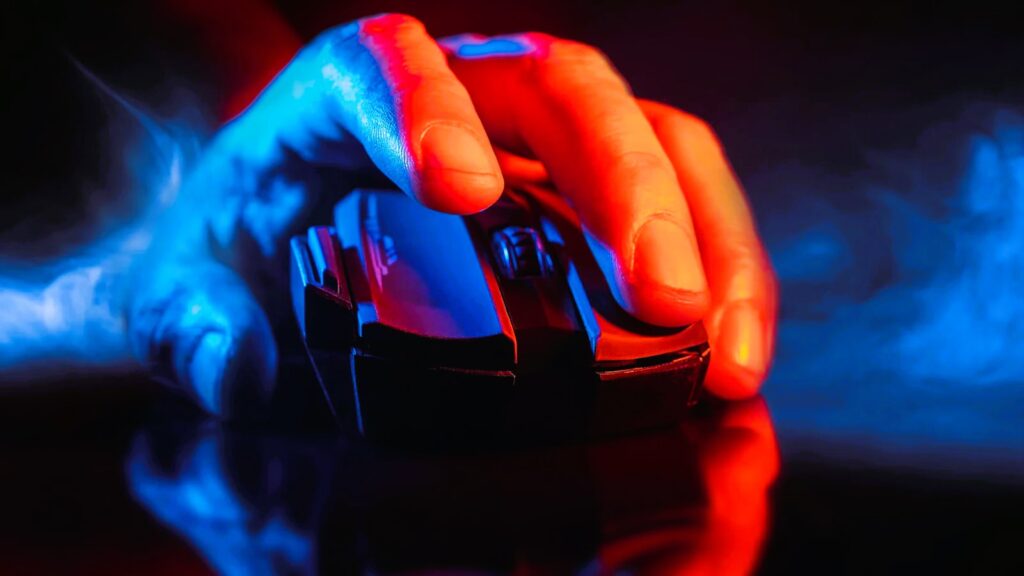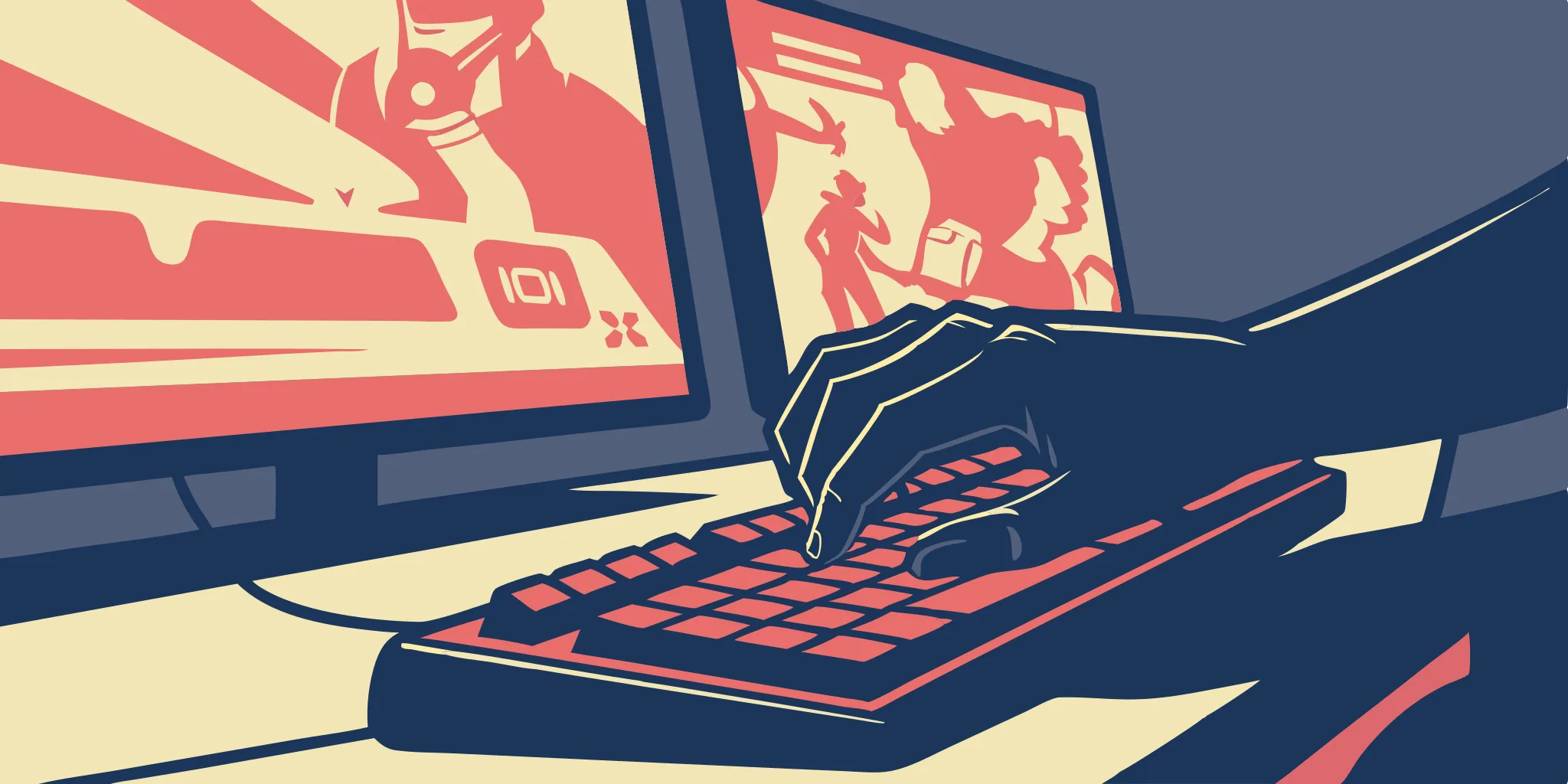In the fast-paced world of gaming, having quick reflexes and sharp reactions can make the difference between victory and defeat. Whether you’re playing an FPS (First-Person Shooter), a fighting game, or a competitive eSports title, improving your reaction time is essential for staying ahead of the competition. In this guide, we’ll explore practical tips and exercises to help you enhance your reaction speed, sharpen your focus, and become a better gamer.
Understanding Reaction Time
Reaction time refers to the time it takes for your brain to process a stimulus and send the necessary signals to your muscles to respond. In gaming, this can mean anything from reacting to an opponent’s move, dodging an incoming attack, or making a quick decision under pressure. Reaction time can be broken down into several stages:
- Perception: Recognizing that something has happened (e.g., an opponent firing their weapon).
- Processing: Deciding what action to take (e.g., ducking or returning fire).
- Action: Physically carrying out the response (e.g., pressing a button or moving your mouse).
Improving reaction time involves enhancing these stages, but it all begins with understanding how they work and how you can optimize each phase.
1. Practice Makes Perfect: The Role of Repetition
One of the most effective ways to improve your reaction time is through consistent practice. The more you practice, the faster your brain becomes at recognizing patterns, predicting actions, and reacting instinctively. This is why seasoned gamers can respond almost immediately to in-game events. The best setup for an ergonomic gaming station, read more here.
Tips:
- Play reaction-based games: Games like Osu!, Geometry Dash, or rhythm-based games can be excellent training tools. These games are designed to challenge your reaction speed by requiring precise and quick inputs.
- Replay difficult moments: Review moments from your games where you felt your reaction time was slow. Identify what you could have done differently and try again. Over time, you will recognize patterns and improve your ability to respond.
2. Focus and Awareness

The ability to focus on the game and maintain awareness of your surroundings is critical to quick reactions. If you’re distracted or mentally fatigued, your reaction time will suffer. Games that require rapid decision-making demand full attention, and even a slight lapse can be costly.
Tips:
- Avoid distractions: Ensure that your gaming environment is free from distractions. Turn off unnecessary notifications on your phone, close social media tabs, and let your family or roommates know not to interrupt you during gaming sessions.
- Mindfulness exercises: Practicing mindfulness or meditation can improve your focus and attention span, which directly impacts your reaction time in games. Spend a few minutes each day practicing breathing techniques and focusing on the present moment.
- Sleep: Adequate rest is critical for cognitive function. A lack of sleep can impair your reaction time, so ensure you’re getting enough sleep every night to keep your mind sharp.
3. Reflex Training: Physical Exercises
Believe it or not, improving your physical reflexes can also enhance your in-game reaction time. Your physical reflexes and gaming reflexes are interconnected, and exercises that boost your coordination, agility, and focus can translate into faster in-game responses.
Tips:
- Hand-eye coordination exercises: Playing catch with a ball, using a rebounder, or engaging in sports like table tennis can all improve your hand-eye coordination, which is vital for fast reactions in games.
- Finger exercises: Specific finger exercises can help improve dexterity and speed. A simple exercise is to alternate between touching your thumb to each of your fingers rapidly.
- Gaming-specific reflex training tools: There are apps designed to improve reaction time by presenting you with random stimuli and requiring fast responses. Apps like Reaction Test or Rigor allow you to test and train your reflexes regularly.
4. Optimize Your Gaming Setup
Your gaming equipment plays a crucial role in your overall reaction time. If your gear is slow or unresponsive, even the best reflexes can be hindered. Optimizing your gaming setup can make a significant difference in how quickly you respond to in-game events.
Tips:
- Use a high-refresh-rate monitor: A higher refresh rate (e.g., 144Hz or 240Hz) results in smoother visuals, making it easier to spot fast-moving objects and react accordingly. This is especially important in FPS games where split-second decisions can be the difference between life and death.
- Choose a responsive mouse: Gaming mice with high DPI (dots per inch) settings and low latency are designed to be more responsive, allowing you to make precise movements quickly. Look for mice that offer adjustable DPI settings, allowing you to fine-tune the sensitivity.
- Adjust your key bindings: Ensure your key bindings are comfortable and ergonomic. Remapping keys to suit your hand position can make it easier to execute quick commands without awkward finger stretches or delays.
5. Mental Exercises: Visualization and Anticipation

While physical reflexes are important, mental agility is just as crucial in improving reaction time. Mental exercises such as visualization and anticipation can help you prepare for what might happen next in the game, allowing you to react faster when it does.
Tips:
- Visualization: Visualize yourself playing your game and imagining different scenarios where fast reactions are required. This exercise helps your brain become familiar with rapid decision-making processes, leading to faster responses in real-life situations.
- Anticipation: Learn to anticipate your opponent’s actions by observing their habits and patterns. In games like League of Legends or Valorant, understanding your opponent’s tendencies allows you to predict their next move and react preemptively.
6. Nutrition and Hydration
What you put into your body can have a direct impact on your reaction time. Poor nutrition and dehydration can slow down your cognitive functions, while healthy eating habits can improve focus and mental sharpness.
Tips:
- Eat brain-boosting foods: Foods rich in antioxidants, omega-3 fatty acids, and vitamins B and D are beneficial for cognitive function. Incorporate foods like blueberries, salmon, avocados, and leafy greens into your diet.
- Stay hydrated: Dehydration can significantly impair your reaction time. Drink plenty of water before, during, and after gaming sessions to keep your mind sharp.
- Avoid sugary snacks: While it may be tempting to snack on candy or soda during long gaming sessions, these can lead to energy crashes and decreased focus. Opt for healthier snacks like nuts, fruits, or protein bars.
Improving your reaction time in games is a multi-faceted process that requires consistent practice, mental and physical training, and a healthy lifestyle. By focusing on repetition, improving focus, optimizing your gaming setup, practicing mental exercises, and maintaining good health, you’ll notice a significant improvement in your in-game response time.
With dedication and these practical tips, you can sharpen your reflexes and boost your performance in games, making you a more competitive and efficient gamer. For more tips and information on improving your reaction time, check out Wikipedia on Reaction Time.
Remember, reaction time isn’t just about speed—it’s about efficiency. Improving your reaction time is a journey, but the rewards will be worth the effort.

